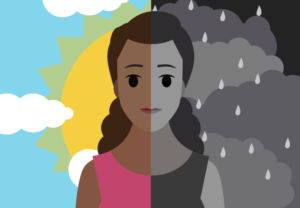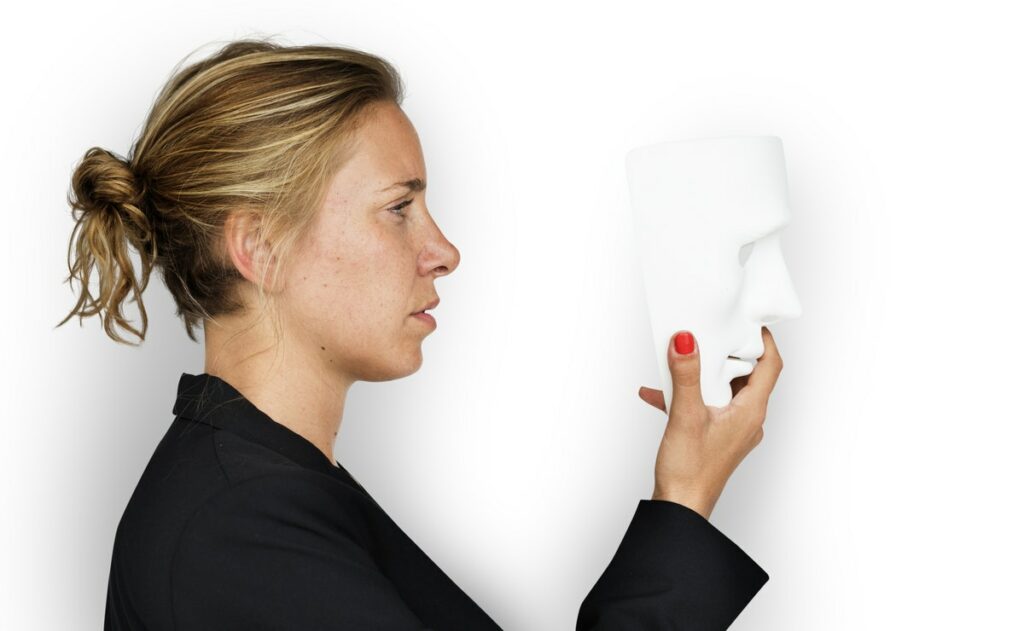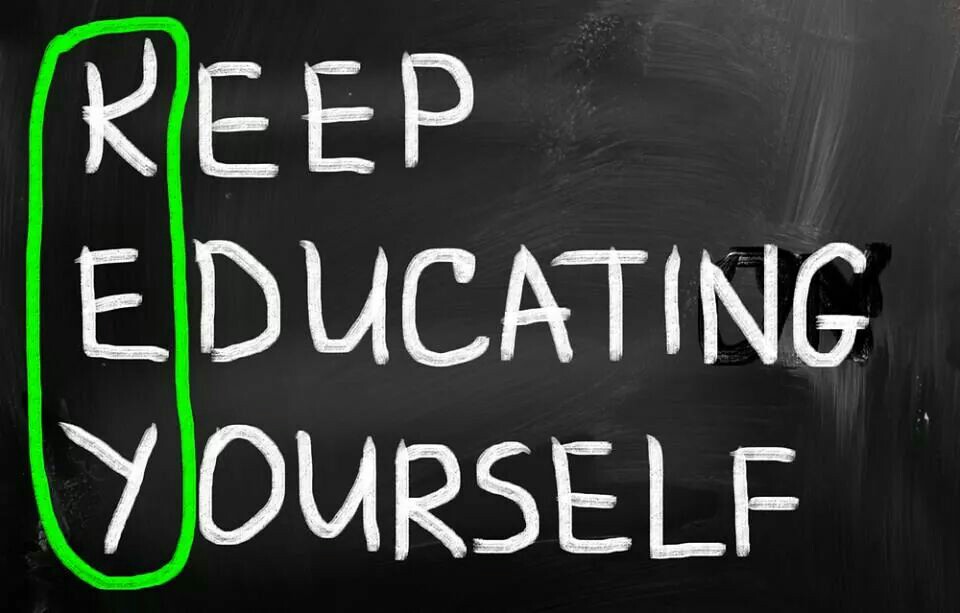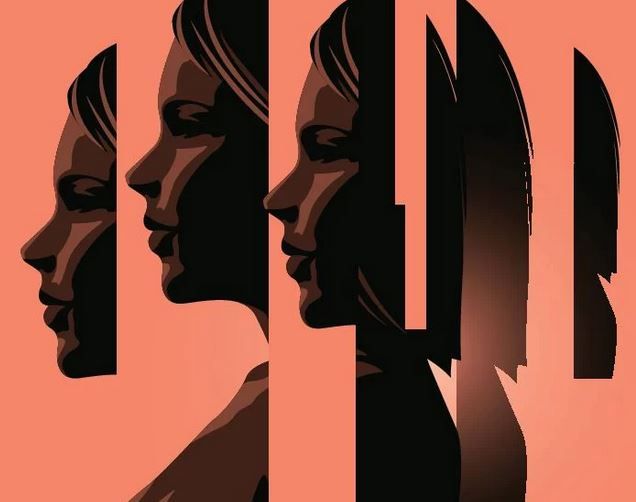Bipolar disorder and OCD are two mental illnesses that are often misunderstood. Many people do not know how to properly deal with someone who is suffering from one of these disorders. In this blog post, we will discuss the symptoms of bipolar and OCD, as well as the treatments available for both conditions. We hope that this information will help you better understand these illnesses and provide you with the tools you need to support loved ones who are suffering from them.
Contents
What Is OCD?
 OCD is a disorder that is characterized by obsessive thoughts and compulsive behaviors. People with OCD often have obsessions, which are repetitive and intrusive thoughts that can be very distressing. These obsessions can lead to compulsions, which are repetitive behaviors or mental acts that a person feels compelled to do to ease their anxiety or rid themselves of their obsessions.
OCD is a disorder that is characterized by obsessive thoughts and compulsive behaviors. People with OCD often have obsessions, which are repetitive and intrusive thoughts that can be very distressing. These obsessions can lead to compulsions, which are repetitive behaviors or mental acts that a person feels compelled to do to ease their anxiety or rid themselves of their obsessions.
People with OCD often have difficulty functioning in their daily lives due to the time-consuming nature of their compulsions. Many people with OCD suffer from depression, anxiety, and other mental health disorders as well. People with OCD have many treatment options available to them, including therapy, medication, and self-care.
What Is Bipolar Disorder?
 Bipolar disorder is a mental illness that is characterized by extreme changes in mood, energy, and activity levels. People with bipolar disorder often experience periods of mania, which are characterized by high energy levels and impulsive behavior. They may also experience periods of depression, which are characterized by low energy levels and feelings of sadness or hopelessness. Bipolar disorder can be very debilitating for those who suffer from it, but there are many treatment options available.
Bipolar disorder is a mental illness that is characterized by extreme changes in mood, energy, and activity levels. People with bipolar disorder often experience periods of mania, which are characterized by high energy levels and impulsive behavior. They may also experience periods of depression, which are characterized by low energy levels and feelings of sadness or hopelessness. Bipolar disorder can be very debilitating for those who suffer from it, but there are many treatment options available.
Bipolar disorder is also sometimes referred to as manic-depressive disorder. This is because people with bipolar disorder often experience both manic and depressive episodes. These episodes can be very severe and can last for weeks or even months at a time. Bipolar disorder is a serious mental illness that you should treat by visiting a mental health professional.
How Are OCD and Bipolar Disorder Related?

There is a strong link between OCD and bipolar disorder, although the exact nature of the relationship is not fully understood. Many people with OCD also suffer from bipolar disorder, and vice versa. The two disorders often share many symptoms, such as impulsivity, irritability, and mood swings. Treatment for one disorder often helps to ease symptoms of the other.
About OCD, bipolar disorder is characterized by periods of mania or hypomania. During these times, people with bipolar disorder may be more likely to engage in risky behaviors, such as spending sprees, sexual promiscuity, and substance abuse. They may also become more impulsive and irritable. These symptoms can worsen the already-distressing symptoms of OCD, such as intrusive thoughts and compulsive behaviors.
Also, people with bipolar disorder can definitely develop the risk of developing OCD. One study found that people with bipolar disorder are six times more likely to develop OCD than the general population. The link between the two disorders is not fully understood, but it may be due to shared genetic factors or brain abnormalities.
If you have both OCD and bipolar disorder, it’s important to get treatment for both conditions. Treatment for one disorder often helps to ease symptoms of the other. For example, if you receive treatment for your bipolar disorder and your mood stabilizes, you may find that your OCD symptoms become less severe. Similarly, treating your OCD can help to improve your mood and reduce impulsivity.
Some reports suggest that certain treatments may be particularly effective for people with both OCD and bipolar disorder.
Negative Impacts of Bipolar Disorder and OCD

There can be many negative impacts of having both bipolar and OCD. One of the most significant ones is that the two conditions can interact with each other and make each other worse. For example, people with bipolar disorder may become more obsessed with certain ideas or thoughts during their manic episodes. This can lead to them engaging in compulsions or rituals that they wouldn’t normally do. Conversely, people with OCD may have a harder time controlling their obsessions and compulsions when they’re experiencing a depressive episode. This can worsen the symptoms of both conditions and make it more difficult to manage them.
Another negative impact of having both disorders is that it can be harder to find effective treatment options. Some treatments for one condition may not work as well for the other, or may even make the symptoms worse. This can make it a challenge to find the right combination of treatments that will work for both conditions. It’s important to work closely with a mental health professional to find the best treatment plan for you.
Another negative impact can be the effect on your day-to-day life. Having two mental disorders can be very disruptive and make it difficult to function in daily life. It can be hard to keep up with work, school, or other responsibilities when you’re dealing with the symptoms of both conditions. This can lead to a lot of stress and anxiety, which can further worsen the symptoms.
Sometimes there can also be negative impacts on your relationships. It can be difficult to maintain healthy relationships when you’re dealing with the symptoms of two mental disorders. Your loved ones may not understand what you’re going through, or they may become frustrated with how the conditions are impacting your life. This can lead to conflict and strain on your relationships.
It’s important to remember that everyone experiences bipolar disorder and OCD differently, so not everyone will experience all of these negative impacts. Some people may only experience one or two of them, while others may not experience any at all. If you’re concerned about the negative impacts of having both bipolar disorder and OCD, talk to your doctor or mental health professional. They can help you identify strategies for managing the symptoms and improving your quality.
Treatment of Bipolar Disorder and OCD

Treating bipolar disorder and OCD can be difficult, but it is possible. There are a variety of treatment options available, and the best course of treatment will vary from person to person.
If you or someone you know has bipolar disorder and OCD, it is important to seek professional help. A qualified mental health professional can assess the situation and develop a treatment plan that is tailored to the individual’s needs. With proper treatment, people with bipolar disorder and OCD can lead healthy, productive lives.
If you think you might have bipolar disorder or OCD, please reach out for help. There are many resources available to support you on your journey to recovery.
Some of these methods are:
Medications
Medications are one of the most common treatments for bipolar disorder and OCD. There are a variety of medications that definitely can help to treat these conditions, and the best medication or combination of medications will vary from person to person.
Psychotherapy
Psychotherapy is another common treatment for bipolar disorder and OCD. In therapy, people can learn about their condition, develop healthy coping skills, and work through any underlying issues that may be contributing to their symptoms.
Electroconvulsive Therapy (ECT)
ECT is a type of treatment that uses electrical impulses to stimulate the brain. It is typically used as a last resort for people with severe bipolar disorder or OCD who have not responded to other treatments.
Hospitalization
In some cases, people with bipolar disorder or OCD may need hospitalization to receive the best treatment. This is usually only necessary in cases of severe illness or when there is a risk of harm to oneself or others.
If you are struggling with bipolar disorder or OCD, please know that you are not alone. Many people understand what you are going through and want to help you get better. With the right treatment, recovery is possible. Please reach out for help today.
Different Tips To Prevent Bipolar Disorder and OCD

Preventing bipolar disorder and OCD can be difficult, but there are some things you can do to help. Here are a few tips:
-Educate yourself about the risks and warning signs of both disorders. The more you know, the better equipped you’ll be to recognize them in yourself or others.
-If you have a family history of either disorder, be extra vigilant about monitoring your mental health. Early intervention is key in these cases.
-Build a support network of friends, family, or professionals who can offer help and understanding. This is especially important if you’re dealing with both disorders simultaneously.
-Practice self-care! Eating right, getting enough sleep, and exercising regularly will all help to keep your mind and body healthy. This is important for everyone, but especially for those at risk for mental illness.
By following these tips, you can decrease your chances of developing bipolar disorder or OCD. However, it’s important to remember that these disorders are often out of our control. If you or someone you know is struggling, don’t hesitate to reach out for help. There are resources available to support you through this difficult time.
Conclusion
Bipolar disorder and OCD are both mental disorders that can be difficult to live with. However, there are treatments available that can help people manage their symptoms. If you have bipolar disorder and OCD, it’s important to seek professional help so that you can get the treatment you need.
While bipolar disorder and OCD can be difficult to deal with, there is hope. With proper treatment, many people with these disorders can live happy and healthy lives. If you or someone you know is struggling with bipolar disorder or OCD, don’t hesitate to reach out for help. There are resources available to support you through this tough time. Remember: you are not alone in this fight.
Your mental health — Your psychological, emotional, and social well-being — has an impact on every aspect of your life.
Hope this article was of help to you! If you are suffering from OCD, you may seek help from Therapy Mantra. We have a team of highly trained and experienced therapists who can provide you with the tools and skills necessary for overcoming OCD. Contact us today to schedule an online therapy or download our free OCD treatment app on Android or iOS for more information.


